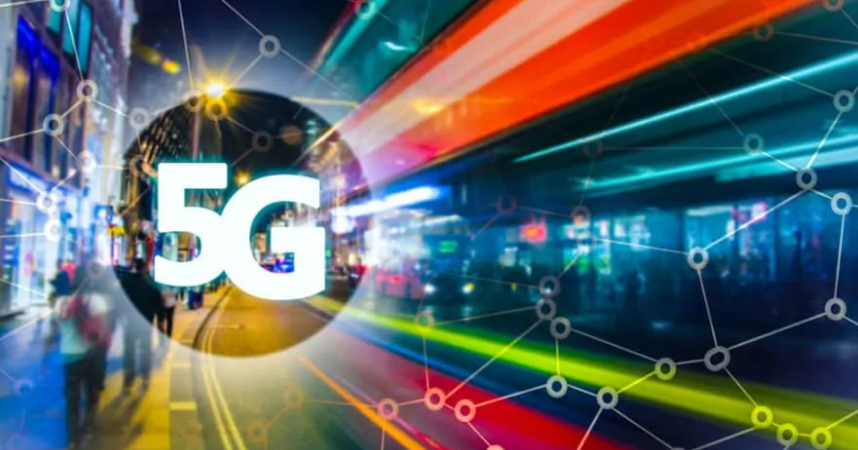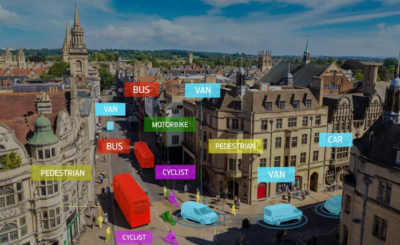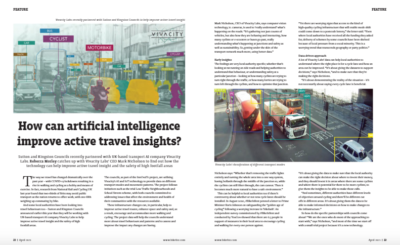The arrival of 5G has long been earmarked as a critical moment in technological advancement. Much more than just super-fast mobile connectivity, the fifth generation of cellular networks has the potential to unlock new possibilities to transform how people live their lives, businesses operate, and cities function.
The infrastructure remains in its infancy; although the rollout of 5G networks across the UK began in 2019, it will still be some years before they reach maturity. The Government has set a target of ensuring the “majority” of the country has access to 5G by 2027.
Yet as masts are erected and upgraded, 5G is expected to deliver speeds up to 100 times faster than typical 4G technology, with mobile internet speeds of more than 10 gigabits per second (Gbps).
Much of the noise in the public domain will naturally focus on what the upgrade from 4G will mean for consumers – seamless streaming, downloading and browsing on the go.
However, 5G’s true potential lies in how it will enable other technologies and trends. Indeed, a 2019 survey by Ericsson among executives from 100 global telecom operators found that 92% believe the most important 5G feature is the way in which it will pave the way for emerging technologies.
Chief among them is the Internet of Things (IoT) – physical devices around the planet that are connected to the internet, thereby enabling them to relay data, communicate information and receive instructions.
Peter Mildon, Co-founder and COO of VivaCity, says: “The main benefits of a 5G rollout will be realised by machine to machine communications – systems where the latency change from 0.2 seconds to 0.02 seconds is critical. Any system which is requiring near-instantaneous feedback will benefit from this, whether it is traffic signal control, autonomous driving, or remote surgery robots.”
Read the full article in UK Tech News.









